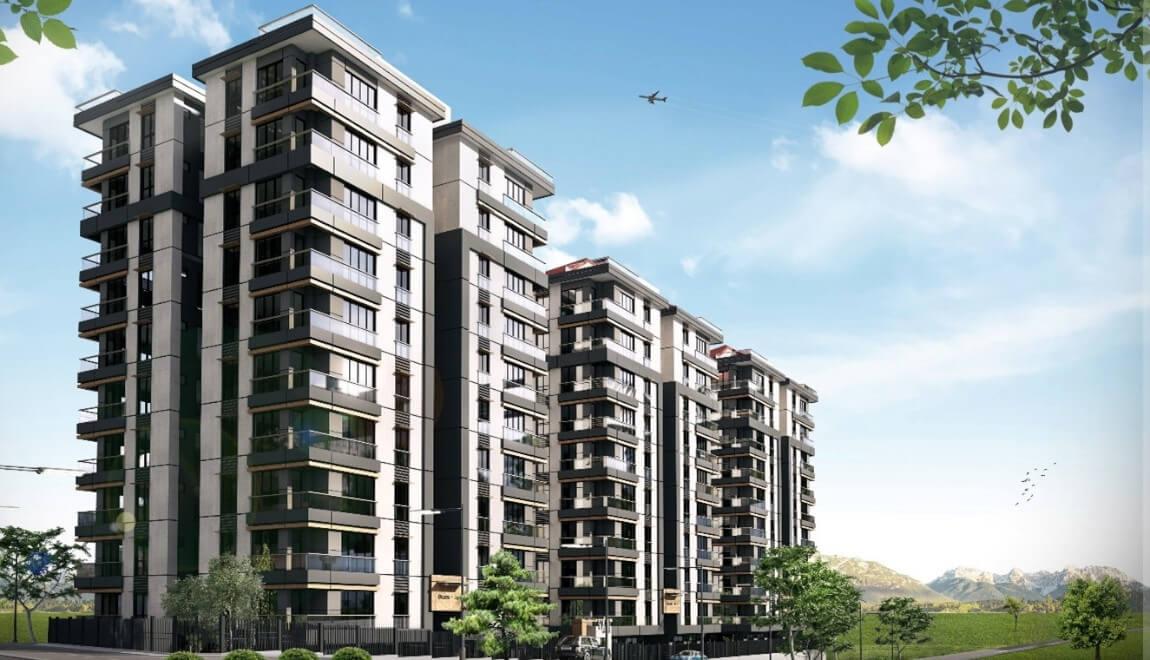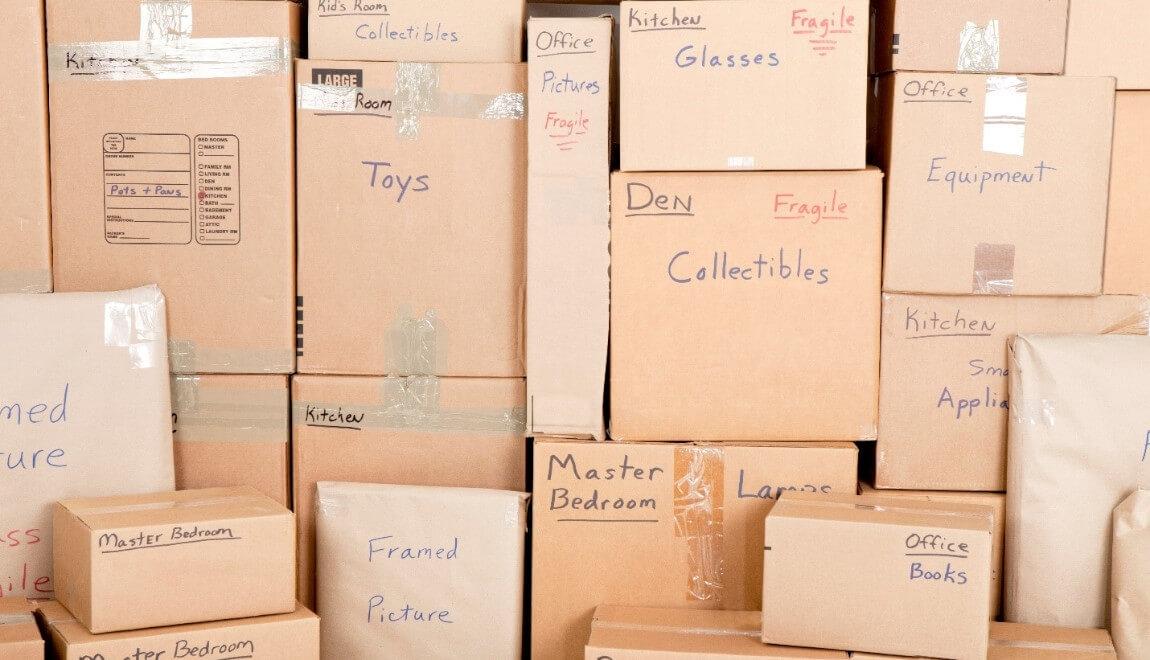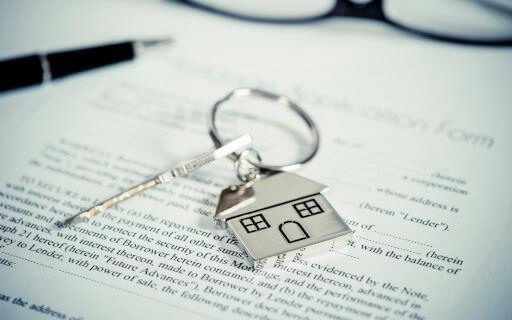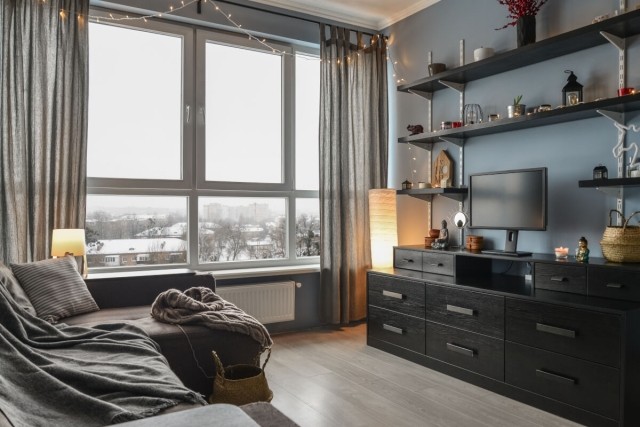Whether you’re moving out of your dorm room, your parent’s house, or just spreading your wings and branching out on your own for the first time, it can be hard to know where to start. But hopefully, with this first-time renter’s guide, you’ll be fully prepared to find and move into your next home!
Determine the Type of Home You Want
Begin your home search by deciding what kind of property you would like to rent. Whether it’s a house, condo, townhome, apartment, or even a houseboat, it’s essential to do your research and determine which kind of property is perfect for you.
Create a Budget
Once you have decided what kind of property you would like, start by creating your budget by determining how much you would like to spend on rent and utilities per month. When calculating your budget, make sure you don’t spend your full monthly paycheck on rent and utilities. As a rule of thumb, you should spend no more than 30% of your monthly income on rent. It’s essential you leave room in your budget for groceries, gas, and even some money you can treat yourself with.
Find Your City/Neighborhood
You may know the general area of where you would like to live, but you may not know the exact neighborhood or city you would like to live in. Well don’t worry! Here at Apartments.com we have tons of different properties throughout the United States and Canada. To look in a specific neighborhood or city, simply go to the Apartments.com home page and use the search bar to learn more about any city or neighborhood.
Determine if You Will Need a Roommate

After you have decided what neighborhood or city you would like to live in, it’s time to determine if you would like a roommate or if you will need one or two to help you pay rent. Plenty of first-time renters choose to live with a roommate not only to make rent more affordable, but also so they don’t grow lonely in their own home. If you’re fresh out of college and concerned about having a roommate, know you’re not alone. Plenty of college grads with full-time jobs have up to four roommates to help them afford rent.
Make a List of Your Wants vs. Needs
Before you begin your apartment search, make a list of what you need in your apartment versus what you want. For example, you may need parking at your apartment, but you may want a parking garage, or you may need laundry facilities, but you may want an in-unit washer and dryer. By making a list of your must-haves, you can easily determine what you need versus what you want. If you make some compromises and don’t get all the things you want in your apartment, you could end up saving a ton of money. Below is a list of items to help you determine your needs and wants.
Amenities
- Gym
- Pool
- Business Center
Parking
- Parking Garage
- Parking Lot
- Assigned Parking
Appliances
- Stainless Steel Appliances
- White Appliances
- In-Unit Washer and Dryer
- Laundry Facilities
- Washer and Dryer Hook-up
- Dishwasher
- Gas Stove
- Electric Stove
Flooring
- Carpet
- Hardwood
- Laminate
- Tile
Pets
- Do they allow pets?
- If so, what kind?
- Are there breed restrictions?
- What are the pet fees?
- Are there pet-friendly amenities?
Consider the Floor You Would Like to Live On

If you decide you would like to live in an apartment, then it’s essential to decide what floor you would like to live on. Sometimes, if you choose to live in the middle or bottom floors of the complex, you can save money since people prefer to live on top floors and in corner units. If you decide you must live on the top floor of the building, prepare to pay a little more money since you’ll have a nice view.
Give Yourself Time to Search and Ask for Help
Searching for your perfect home will take some time, so be patient with yourself. Especially in today’s market, it’s hard to find the perfect home in your budget that has all your wants and needs. But don’t worry! Here at Apartments.com, we have a search feature where you can search for rentals in any city or neighborhood you like. Plus, we have plenty of filters where you can narrow down your wants and needs to help you find your perfect place.
Schedule Tours and Ask Questions
Once you have chosen a few places you’re interested in, schedule a tour with the property manager or landlord. To do this, you can either contact them directly or you can click “Schedule the Tour” right on the listing on Apartments.com. If you’re not available for an in-person tour, don’t worry! Today, plenty of properties have the option for you to have a virtual tour with a property manager or a landlord.
Questions to Ask Your Landlord
Once you are on a tour of your potential new place with the property manager, you should ask them any questions you have about the property and rent. Below are some suggestions of questions you can ask:
- Is renter’s insurance required?
- What is included in rent?
- What would happen if I broke the lease?
What do I Need for My Rental Application?
If you have chosen a rental property you would like to live in, it’s now time to fill out the Rental Application form. To fill out the application, you will typically have to provide basic information about yourself, an application fee, and the following documents:
Document Checklist
- Proof of Income
- Proof of Identity
- Recommendation or Reference
After you have collected all your paperwork and have filled everything out, you are now ready to submit your application along with the fee. You may need a co-signer or guarantor to help you meet the income requirements. You can easily ask a parent or a family member to be your co-signer or guarantor.
Read the Lease Before You Sign
Congrats! Your rental application has been approved and your landlord or property manager has sent you the lease. But not so fast; before you sign the lease, you should read every single word on that document. It may be a long document, but it’s essential you read everything so you know what you’re agreeing to — especially since when you sign the lease, you’re agreeing to live there for an extended period.
Before You Move in Checklist

Once you have signed your lease, you’re not done. There is still plenty you need to do before you can move into your new home.
Set Up Utilities
First you need to set up your utilities such as water, gas, power, and internet. If you’re unsure of what utilities you will need, ask your landlord or property manager.
Purchase Home Essentials
After you have set up your utilities, head to the store and pick up the essentials like cleaning supplies and cooking supplies. You will especially need cleaning supplies when you first move in because you may want to deep clean your new home before you live in it.
Purchase Renter’s Insurance
Usually, landlords or property managers require some sort of renter’s insurance. If you’re unsure if you must have it, ask your landlord or property manager. Even if you are not required to purchase renter’s insurance, it’s still a good idea to get some since renter’s insurance protects you in the case of fire, flood, or natural disaster. You may think renter’s insurance is unnecessary but remember it’s better to be safe than sorry!
Ask Around for Moving Boxes
Moving boxes can be expensive. A great way to save money on moving boxes is saving cardboard boxes from your online orders and asking your local grocery or department stores to see if they have any extra boxes you can use.
Order a Moving Truck
Finally, once you have everything packed, it’s time to order a moving truck! You can do this by going to any rental truck website and placing an order and picking a location to pick up your moving truck. You will also have to tell the company how many hours you will need to move. Typically, you will need around 5-8 hours to move and drive the truck.
First Time Renter FAQs
How much should I spend on rent?
Usually, you should only spend around 30% of your monthly income on your rent. Keep in mind that this may be challenging in this economy, and you may need a co-signer, guarantor, or roommate to afford rent.
Do I have to pay for utilities?
Unless you find a place with utilities included, then yes, you must pay for utilities. To make your utilities bill cheaper you can choose to only pay for power and water and opt out of paying for internet and cable.
How much money should I save beforehand?
Before you move out for the first time, you should save around $6,000-$12,000. This money will help you purchase furniture, cover moving expenses, and pay any other bills you will need to pay when you move into your new place.
At what age can I start renting?
In most cases, you can start renting once you turn 18 years old. However, this depends on where you live, and there are certain exceptions. Check with the landlord or property manager.
Do Landlords check your credit score?
Typically, your landlord or property manager does check your credit score once you submit your application. Your credit background will show them how you have managed your money in the past and help them determine what kind of tenant you’ll be.
Hopefully after reading this guide, you’ll know exactly what to do when looking for your first rental. Happy searching, renters!






